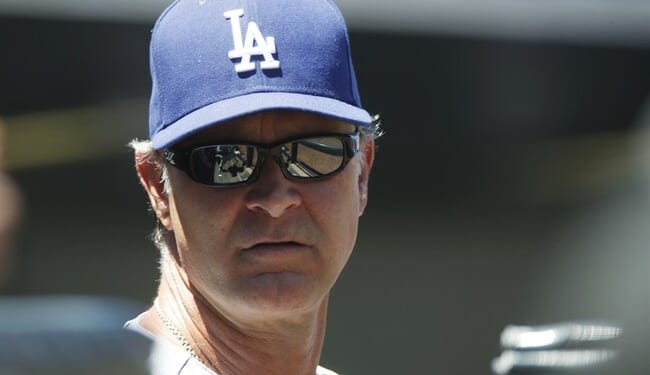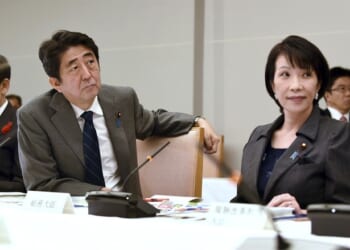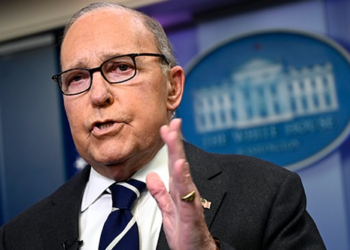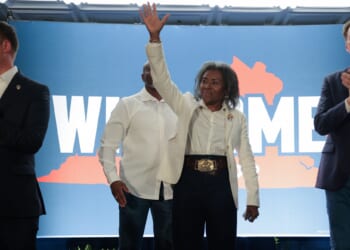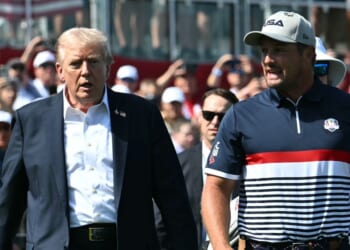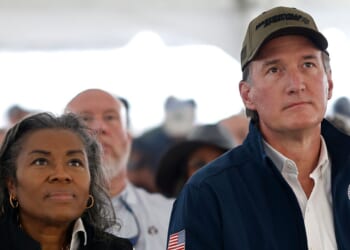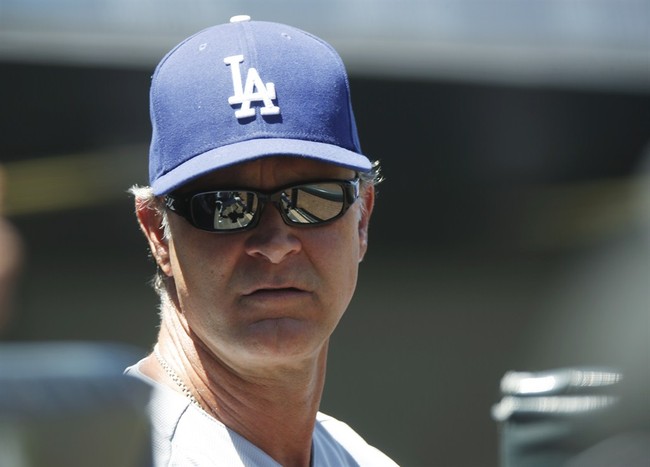
The Baseball Hall of Fame’s Contemporary Baseball Era Committee has a chance to correct years of neglect by honoring Dale Murphy, Carlos Delgado, Jeff Kent, and Don Mattingly.
If the Hall keeps hiding behind selective morality while celebrating other flawed legends, it will confirm what fans already suspect about its standards.
The Second-Chance Gatekeepers
One of the most closely watched events when the National Baseball Hall of Fame and Museum meets in December for its annual winter sessions will be the vote of the newly formed Contemporary Baseball Era Committee—a 16-member panel comprised of Hall of Fame players, executives, and veteran writers tasked with deciding who from the post-1980 era deserves another chance at Cooperstown.
It’s a relatively new process that serves one essential purpose: correcting writers’ oversights and reevaluating candidates who may have slipped through the cracks due to timing, injury, or public perception.
Each voter can choose up to three of eight candidates; any player who earns 75% support (12 of 16 votes) gets the long-overdue call to the hall.
On paper, the committee was designed to be sort of a safety net for the overlooked, while in practice, it’s become a tribunal on baseball’s conscience, testing whether integrity, consistency, and fairness still matter.
A Forgotten Tier of Greatness
The eight players under consideration are:
- Barry Bonds
- Roger Clemens
- Carlos Delgado
- Jeff Kent
- Don Mattingly
- Dale Murphy
- Gary Sheffield
- Fernando Valenzuela
Of the players listed — Murphy, Delgado, Kent, and Mattingly — whose careers differed in style, they share a through line of excellence and professionalism that defined their respective eras.
Murphy was the heart of the Atlanta Braves of the 1980s, hitting 398 home runs, driving in 1,266 runs, stealing 161 bases, and winning back-to-back MVPs, along with five straight Gold Gloves. Only one player, Mike Schmidt, hit more homers during that decade.
Murph’s quiet demeanor and clean reputation made him one of the most respected players in baseball.
Delgado was pure thunder, launching 473 home runs, driving in over 1,500 runs, and maintaining a .280 career batting average and .383 on-base percentage.
In an era where artificial means inflated power, Delgado’s consistency and character stood out as genuine.
Kent was the offensive benchmark for second basemen. His 377 career homers (354 at the position) remain an all-time record; his production, batting .290 with over 1,500 RBIs, was unheard of for a middle infielder.
At his peak, he won the 2000 National League MVP and was the power core of lineups built around Barry Bonds.
Donnie Baseball was the face of the Yankees before the rise of Derek Jeter. Mattingly hit .307 for his career, won nine Gold Gloves, and earned the 1985 MVP. He averaged 27 homers, 114 RBIs, and nearly 200 hits a season between 1984 and 1989.
Injuries cut short what looked like a first-ballot career, but his leadership, defense, and respect in the game never wavered.
How They Compare to Their Inducted Peers
Statistically speaking, all four belong comfortably in the conversation. According to Baseball-Reference, Delgado’s offensive production (OPS+ 135) ranks ahead of several Hall of Fame first basemen.
Kent’s home run and RBI totals dwarf those of many inducted second basemen, while Mattingly’s peak years rival the best stretches of Tony Pérez or Orlando Cepeda. Murphy’s decade of dominance mirrors that of Jim Rice, whose career WAR and OPS+ are nearly identical. Rice, a poor defender, was elected, while Murphy and his Gold Gloves weren’t.
These aren’t sentimental cases; they’re rational corrections. Each player represented excellence in his era, delivered consistent value, and carried himself with the professionalism the Hall claims to prize.
The Committee’s Moral Strikeout
The Hall’s rules state that voting should consider “record, playing ability, integrity, sportsmanship, character, and contributions to teams.”
Yet those values are applied selectively. Players accused of performance-enhancing drug use, like Barry Bonds and Roger Clemens, remain barred, while others with far darker personal conduct have plaques hanging in Cooperstown.
The inconsistency is hypocrisy dressed as principle; either character matters to everyone, or it matters to no one. When the Hall excludes clean players like Murphy or Mattingly while celebrating abusers and bullies of previous generations, the message is clear: performance-enhancing chemicals are unforgivable, but performance-enhancing publicists are fine.
Bonds, Clemens, and the Hall’s Double Standard
If you follow MLB, you know the numbers: Bonds hit 762 home runs, while Clemens won 354 games and seven Cy Young Awards. Their talent isn’t in question, but their reputations are; the committee again wrestles with whether numbers outweigh the taint of cheating.
The real scandal isn’t the debate over their eligibility; it’s the Hall’s inconsistent enforcement of its moral standards. When integrity stops being important to some candidates, it stops being a standard and becomes a talking point.
Schilling, Lofton, and Whitaker
Three other players —Curt Schilling, Kenny Lofton, and Lou Whitaker — are not on this ballot, and their continued exclusion underscores the Hall’s uneven moral compass.
Schilling, despite his post-career “controversies,” remains one of the most dominant postseason pitchers in baseball history. Lofton’s combination of speed, defense, and consistency produced 68 WAR, better than any enshrined center fielders. Whitaker’s 75 WAR ranks eighth among all-time second basemen, right beside his double-play partner Alan Trammell, who is already in.
The Hall’s mission is to preserve baseball’s greatest stories, not its most marketable ones. When players of that caliber remain outside, something more than numbers is being judged.
Just a quick note about WAR. The answer is “no,” I’m not relying solely on WAR or other modern statistics to define Hall of Famers. Trying to compare players of all generations is nigh impossible, but until there’s a better statistic to accomplish such discussions, WAR seems like the best tool.
The Call for Cooperstown
The goal of the Contemporary Committee is to restore fairness. If it wants to live up to those goals, it should induct Murphy, Delgado, Kent, and Mattingly, then prepare to finally reckon with the omissions of Schilling, Lofton, and Whitaker.
Greatness shouldn’t depend on narratives or convenience; the Hall is supposed to honor the best, not curate its own mythology.
Cooperstown either repairs its credibility or loses it entirely when the ballots are counted on December 7.
The players did their part long ago; now it’s the Hall’s turn.
Subscribe for Deeper Cuts
If you believe in bold, honest commentary that challenges institutions, holds icons accountable, and champions the forgotten rightful stars, then you’re in the right place. Join our premium community for exclusive columns, deep historical dives, and analysis that cuts through the noise.

